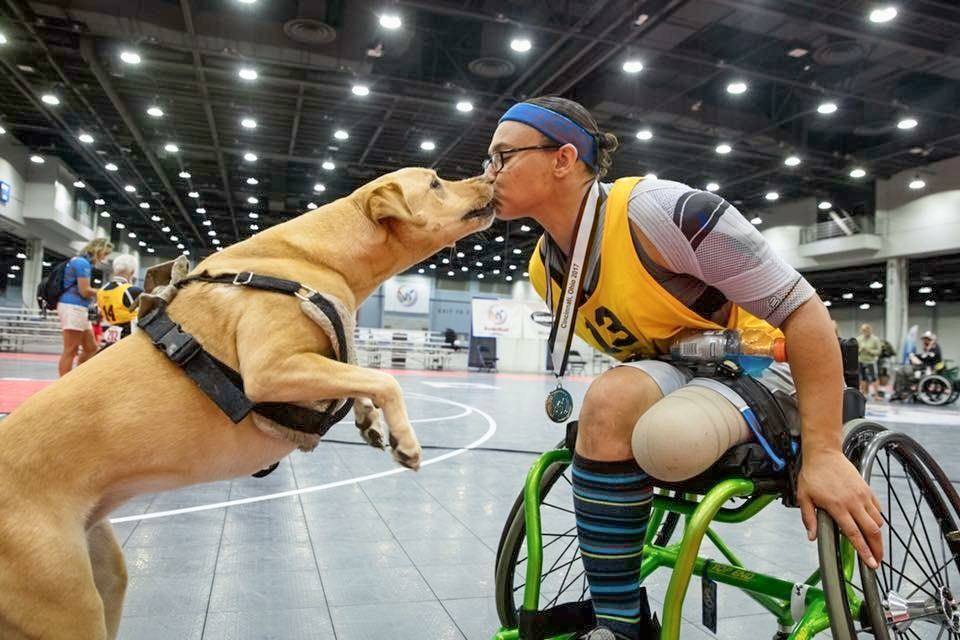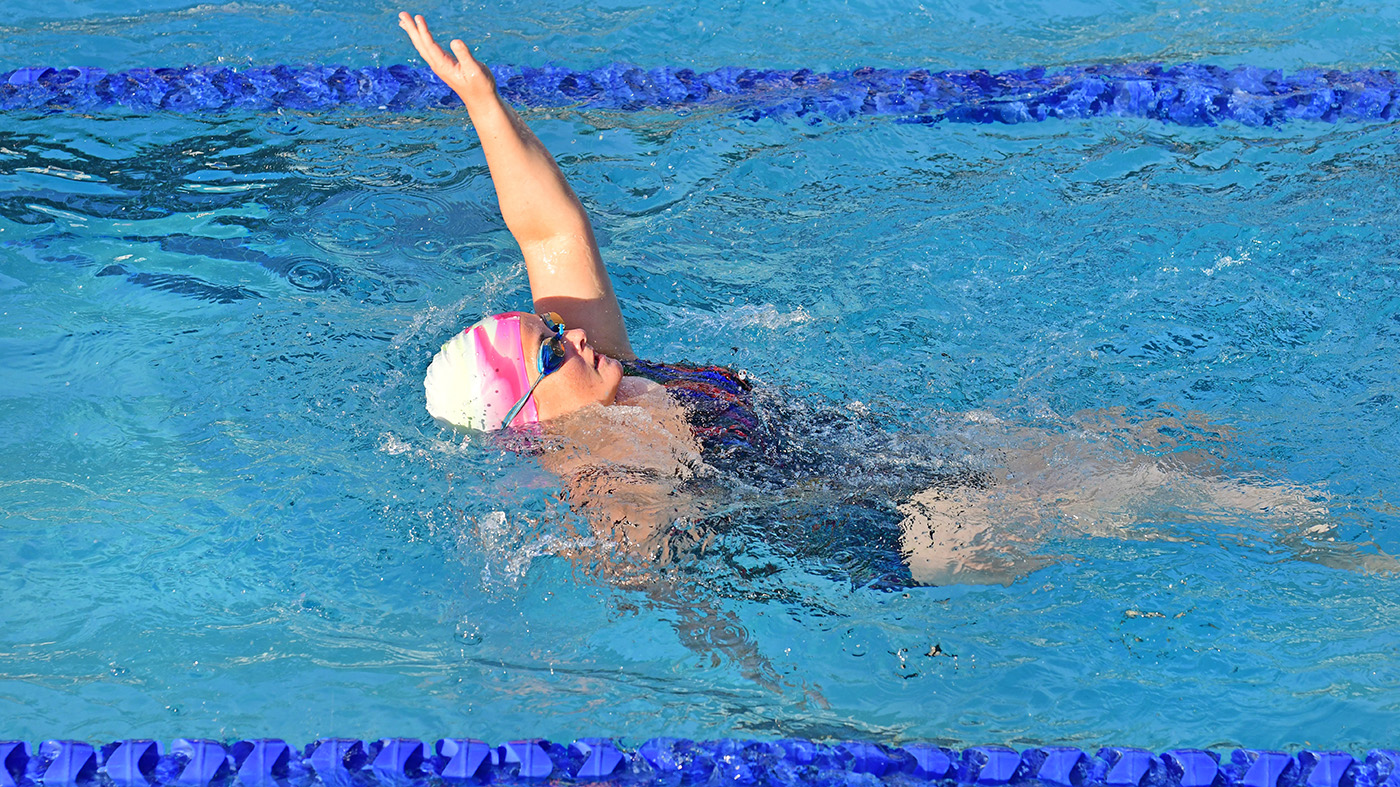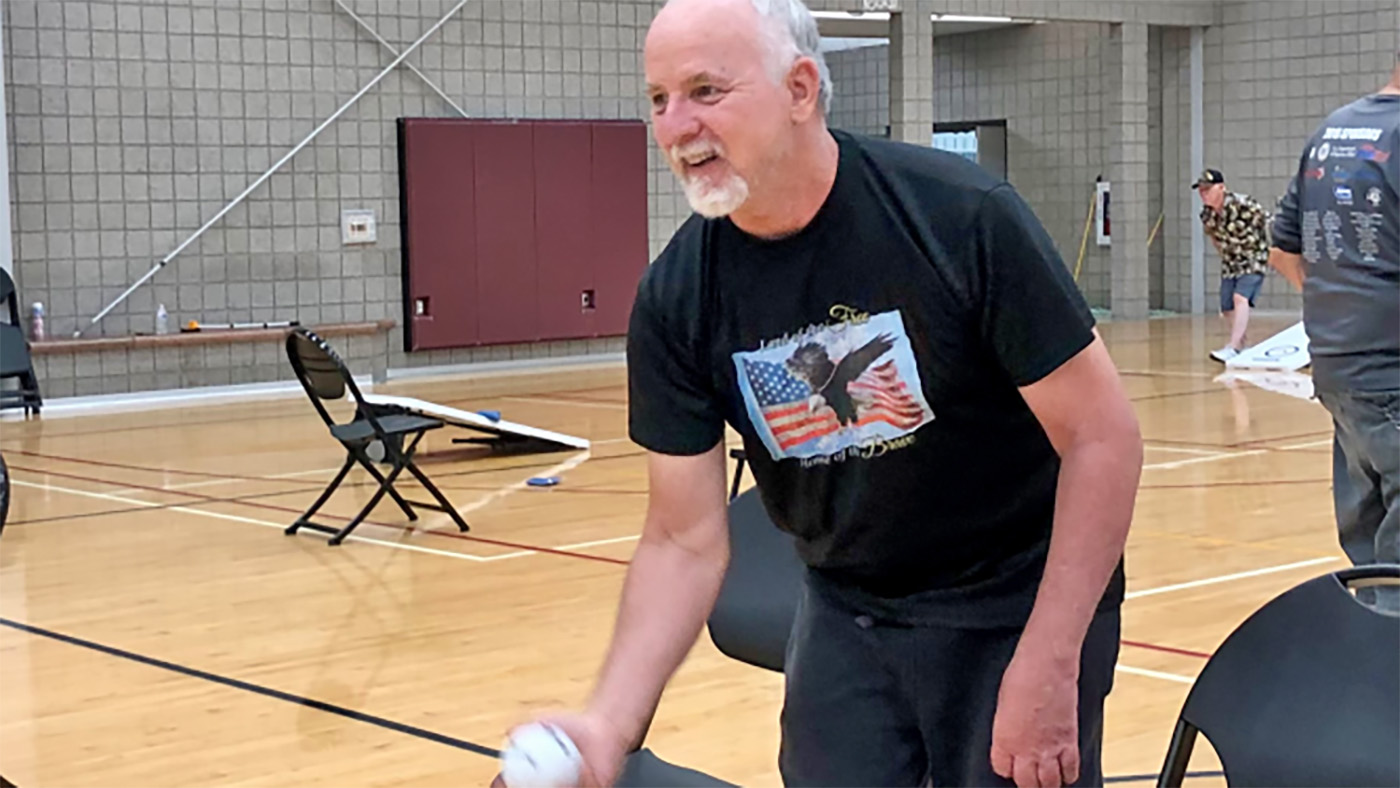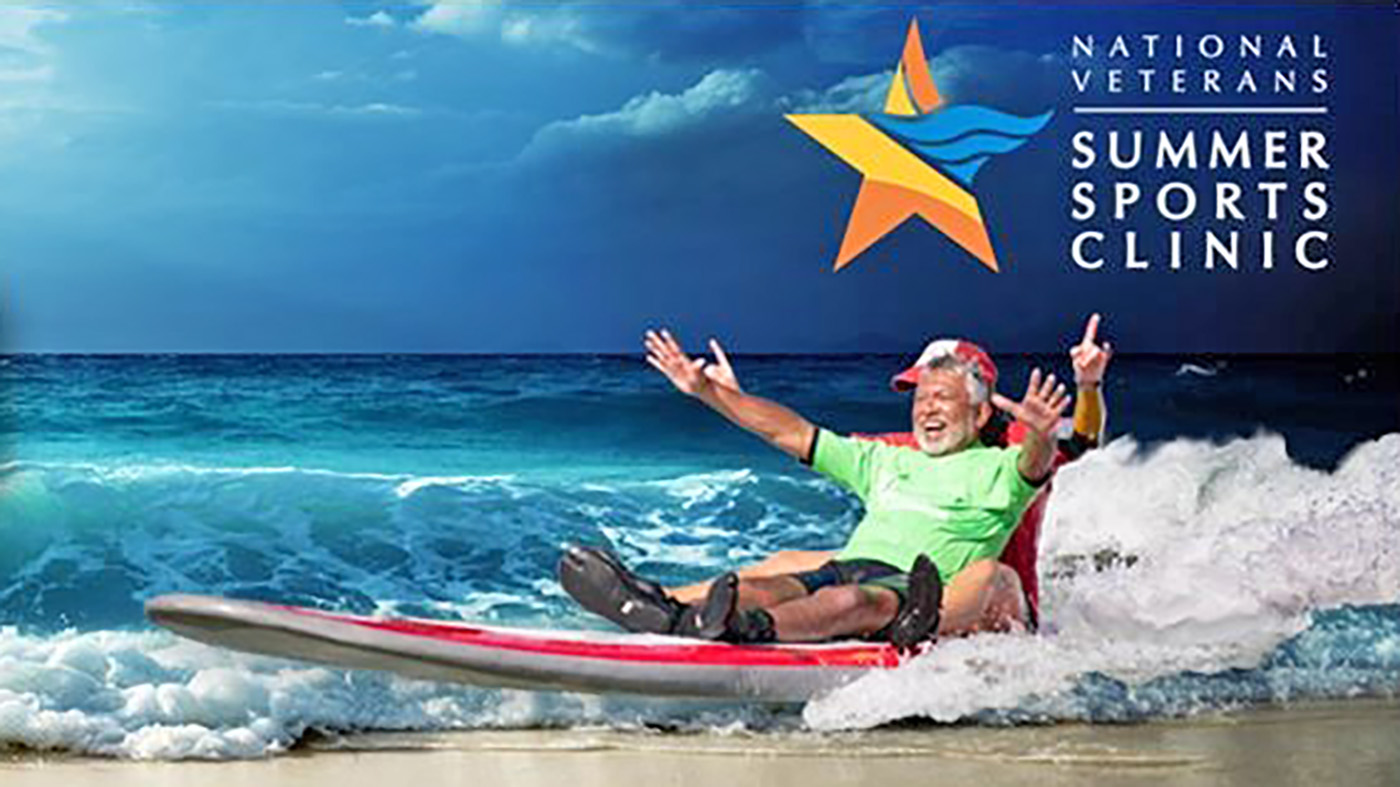If there’s one thing every warrior understands well, it is how to adapt. When Jatáya Taylor experienced a series of Marine Corps training injuries that would not heal, the natural athlete didn’t give up. Instead, she found a way to adapt.
After leaving the military, Taylor was diagnosed with a rare connective tissue disorder. Her condition worsened over time and, by 2013, she was using a wheelchair full-time.
Feeling displaced, Taylor soon discovered the Adaptive Sports Grant Program through the National Veterans Sports Programs and Special Events Office (NVSP&SE). The VA-facilitated program works with community partners who provide adaptive sports opportunities that can serve as recreation therapy.

A recruiter once asked Marine Veteran Jataya Taylor if she wanted to try competing in a biathlon (a winter sport combining cross-country skiing and rifling shooting). “When I asked what it was, he said it was a type of skiing that required a lot of hard work. It’s funny because that was actually part of what sold me on it,” Taylor said.
It wasn’t long before Taylor competed in her first national game at the 2014 National Veterans Wheelchair Games in Philadelphia. A recruiter asked her if she wanted to try competing in a biathlon (a winter sport combining cross-country skiing and rifling shooting). “When I asked what it was, he said it was a type of skiing that required a lot of hard work. It’s funny because that was actually part of what sold me on it,” Taylor said.
For Taylor, the adaptive sports program became a way to return to her athletic roots and enjoy the outdoors. It also “keeps my mental health strong,” she said.
Even after electing to amputate her left leg in 2017 to improve her quality of life, Taylor hasn’t slowed down. Year-round, you’ll find her either competing in national biathlons or playing basketball. She keeps busy by swimming and training between tournaments.
Taylor finds camaraderie while training with fellow service members and connects with other athletes who’ve undergone amputation. The adaptive sports program has become such a fundamental part of Taylor’s life, she doesn’t know what she would do without it.
Serving Veterans
Last September, VA awarded $2,252,834 in grants to 14 Colorado organizations that provide adaptive sports programs. Twelve of these organizations lie within the VA Eastern Colorado Health Care System’s (ECHCS) catchment area and directly impact the Veterans they serve.
“By collaborating with our community partners, our Recreation Therapy department… help[s] prepare our Veterans for not only the National Veterans Wheelchair Games, but also the National Veterans Golden Age Games,” said ECHCS Recreation Therapy Supervisor, Adeline Velasquez. “We can also provide exposure to a variety of adaptive skiing in preparation for the National Veterans Winter Sports Clinic.”
VA awarded 126 grants nationally, totaling $14.8 million. These organizations could reach approximately 11,000 Veterans and service members from every state, the District of Columbia and Puerto Rico.
“We are honored to team-up with our community partners by providing adaptive sports opportunities for our Veterans,” said VA ECHCS Director Michael Kilmer. “Programs like these promote community reintegration and help empower Veterans to stretch beyond any and all perceived limitations.”
Adaptive sports help Veterans like Taylor improve their independence and well-being. Better yet, it fulfills and adapts them to the new life they’ve gained.
For more information about awardees and the program, visit www.va.gov/adaptivesports and @Sports4Vets on social media.
Terri Rorke is a public affairs specialist at the VA Eastern Colorado Health Care System
Topics in this story
More Stories
West Virginia mom builds confidence at the National Veterans Wheelchair Games.
Air Force Veteran Mark Wager overcame a stroke and is now competing in the 2024 National Veterans Golden Age Games.
Clinic offers a wide range of adaptive sports activities tailored to Veterans with physical and mental challenges.





